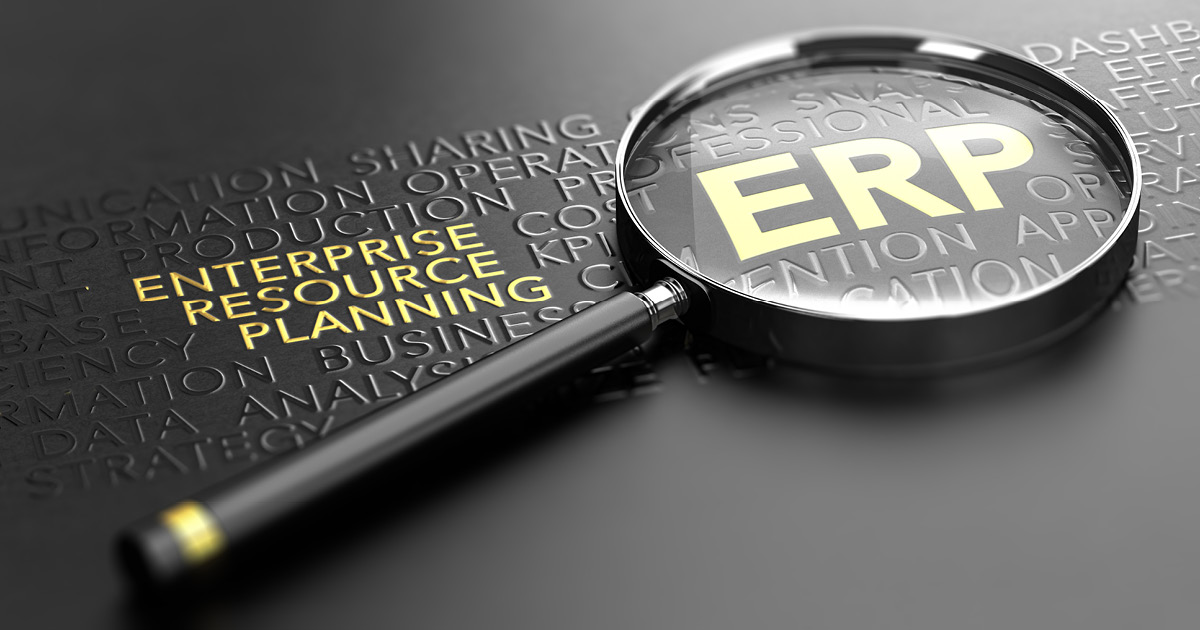
The situation: Your small manufacturing company has run fairly well on QuickBooks software to handle the basic accounting needs you’ve required to get established. All the while, you’ve worked hard to determine your competitive advantage and build a value proposition — and customer base — that says you’re going to be one of the lucky ones that makes it!
According to the U.S. Small Business Association, 80% of small businesses survive their first year, but that number drops to about a 50% survival rate after five years.
If you are at a point where you’re facing typical manufacturing challenges and outgrowing QuickBooks, you are reading this to determine how to take your business to the next level by making smart technology choices.
Enterprise technology strategies have been stuck for more than 30 years in a linear progression cycle since Intuit first founded QuickBooks’ predecessor Quicken back in 1983.
The pre-programmed small business evolution cycle is...
Your success will be accompanied by the sheer thrill (not!) of emptying your pockets and dumping your precious profits into multi-million-dollar ERP contracts at this point!
What if it’s too expensive, too hard to deploy, will sap too much of your time or you simply don't need all that technology to get to where you want to go or do what you want your business to do for the foreseeable future?
You’re not alone in that thinking, but there aren’t a lot of articles telling you how to depart from pre-scripted, pro forma ERP progression strategy. A quick Google search on how to recognize if you’ve outgrown QuickBooks and/or what to do about it, sends you to several dozen search engine optimized articles that track you to — you guessed it — ERP vendors.
They’ll ask you to fill out forms to download what looks like education-oriented white papers, but in reality, are simple mechanisms for capturing your contact information for their sales force.
Business owners get multiple signals when QuickBooks isn’t cutting it for them anymore. As a manufacturing business grows, the basic financial management capabilities that make QuickBooks so easy and/or convenient for most start-ups can exhaust their runway for everyday reasons, such as:
And this everyday list doesn’t even factor in more urgent, potentially business-compromising needs, such as:
If any, or all, of these apply to your current needs, the pain is real and you need to do SOMETHING. But how do you approach a strategy for thinking outside of the box about your next-step options?
So, if QuickBooks won’t support your manufacturing company’s growth, what can you do next versus making an automatic default to a pricey, complex ERP solution?
The answer is to do your advance homework (and serious company growth soul-searching) on what you really want, need, and can live with and without. Here are five pragmatic steps to making the right choice for your company:
Remember that ultimately YOU are in the driver’s seat and what has made your small business beat the odds of sustainability is that you followed the path less traveled.
Assess all of your market options for getting exactly what your small business needs, and watch for new announcements from technology solutions providers that really understand your requirement to take a more pragmatic composite-style approach to give you no more — but no less — than what your business really needs.
If your business is indeed ready for an ERP deployment, your requirements list will tell you that. And if your small business is seeing growth and you're looking to scale, it's definitely time to talk ERP. But if you're resource constrained and want to cherry-pick solutions, you'll need to think outside of the box. New options in a “less is more” vein are in the manufacturing technology market — and they may be just right for your business.
Talk with one of our experts today to see if an ERP implementation is the smart next step for your business. Click here to schedule a one-on-one demo.
Contact
xTuple
A CAI Software Company
24 Albion Rd, Suite 230
Lincoln, RI 02865
+1-757-461-3022
About
"xTuple" (verb) — to grow; to increase exponentially. Our mission is to help manufacturing and inventory-centric companies use management software and best practices to grow their business profitably.